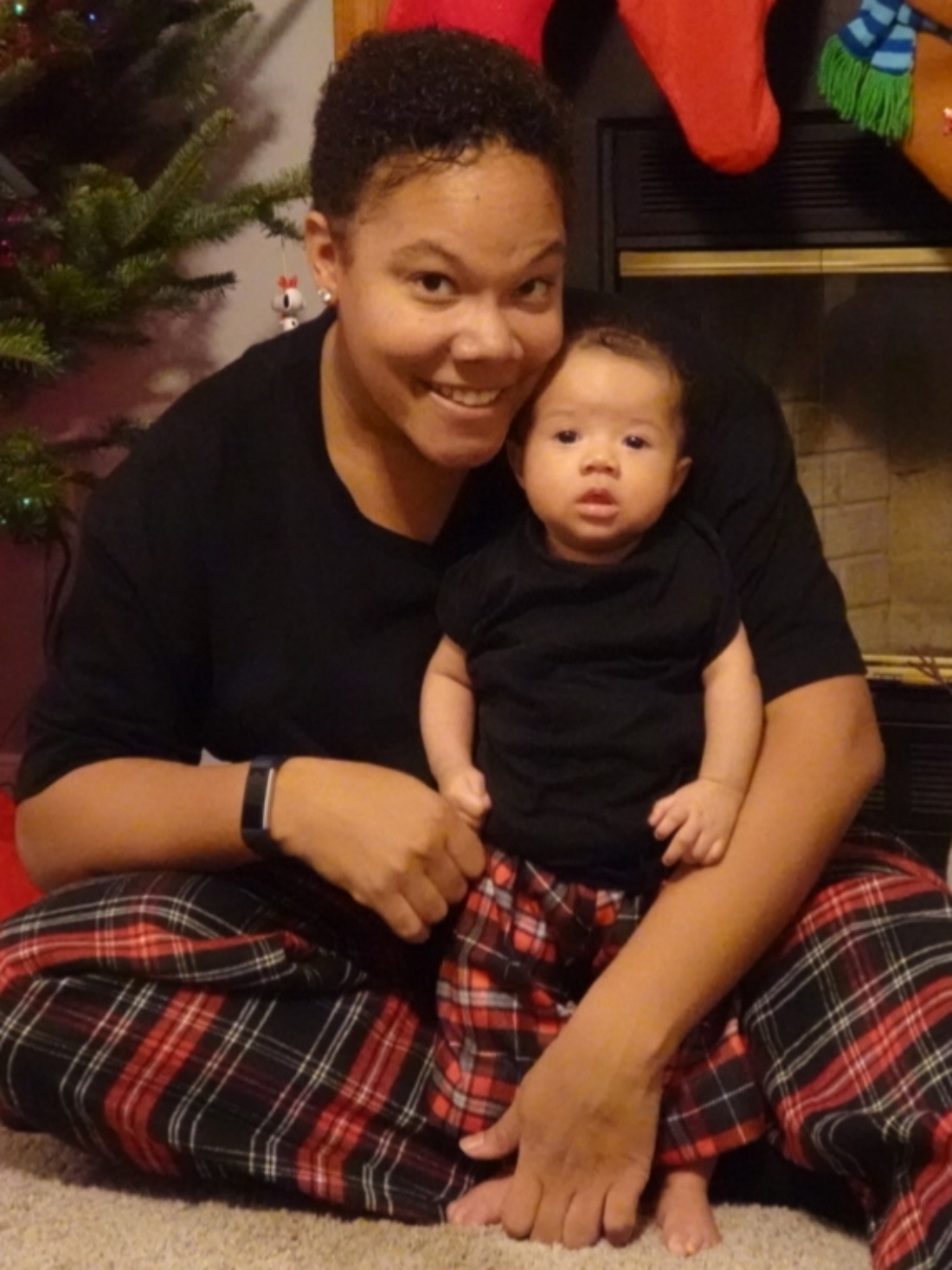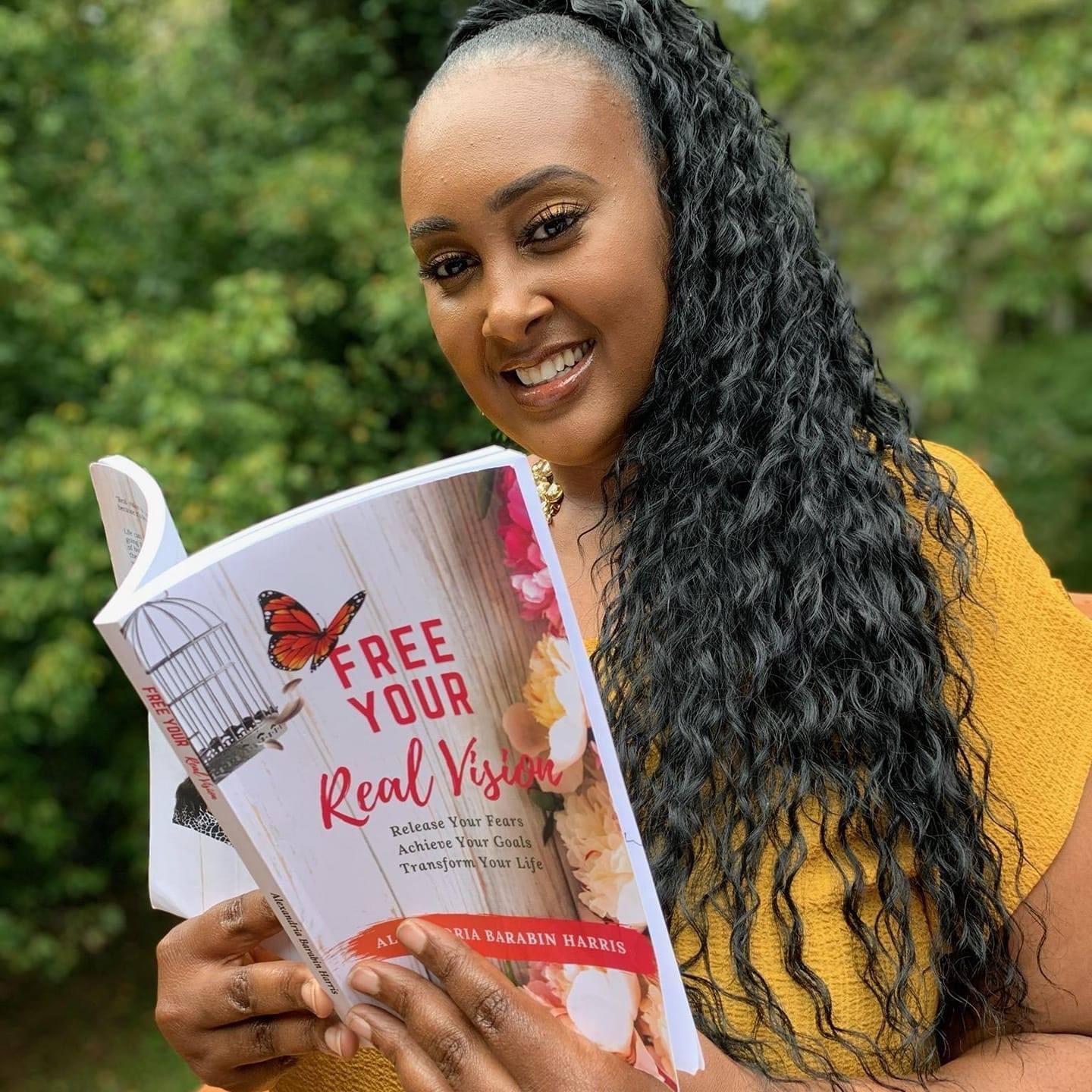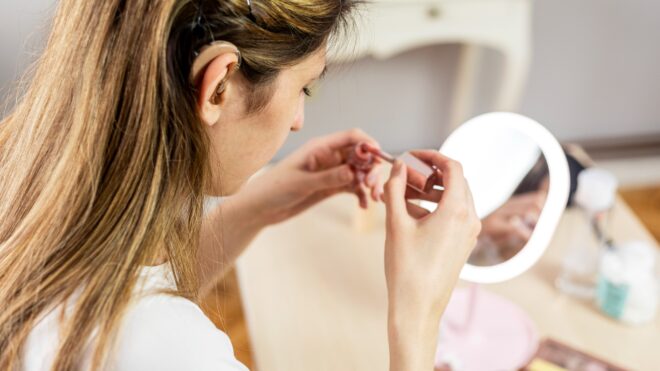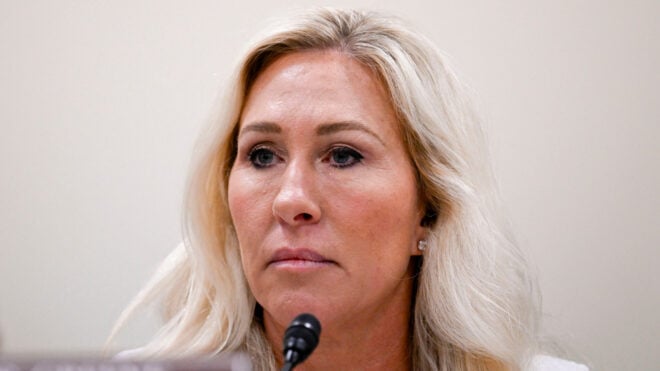
Once women become mothers, some have the choice to stay at home full-time. Others either choose to continue in their career or don't have the option to quit working and focus solely on raising their children.
There is no right or wrong way to approach holding a traditional paid job as a mother. I say "traditional paid job" since being a mom is a job by itself. However, throughout time, the societal expectations of mothers have changed and are constantly sparking conversation.
In 1860, working moms accounted for only 7.5% of the workforce. Today, according to the US Census Bureau's 2018 American Community Survey, working moms make up nearly one-third of all employed women.
With every mother employed in the workforce or choosing to forego working to care for her children full-time, there's a story. Here's a glimpse into the stories of five women and why they decided to continue working after becoming a mother or be a stay-at-home mom.
Paris Turner

Paris is a new mom to a 6-month-old daughter and decided to continue working after becoming a mother.
She found that the time she had off during maternity leave was sufficient and that she started to get bored during her time off.
Paris discovered that she needed time for herself, stating, "I missed my little bit of 'me time' to do something different."
Like many moms during the health crisis, Paris works from home, but her position has been a permanent work-from-home job since before the virus took the world by storm. She finds many benefits to being able to work at home while caring for her daughter.
"I do work from home, so it's a little different, but also a benefit since I can semi take care of her while staying busy."
Ashley Gardner

Ashley is a mom to three little ones. In 2019 she decided to leave her full-time job as a kindergarten teacher to focus more on her family. At the time, her youngest child was just a year old.
She decided to resign from her position because she was struggling with balancing her career and her family. "I wanted to be present with my kids, meet the needs of my students, and fulfill the requests of my school administration," she explained. "It was very difficult to do all of this well, and I always felt like I was failing at one at any given time."
This is a familiar feeling among moms as they learn to balance their families' needs and careers. Another unfortunate difficulty of having young children is day care costs, and Ashley experienced the financial burden of having two young children in day care.
"There was also the financial burden of having two kids in day care, which was the largest bill for our household. Surprisingly, day care cost more than our mortgage."
This is a story heard too often by families. According to the Cost of Care Survey, 72% of parents say they spend 10% or more of their household income on child care, and 55% spend at least $10,000 annually on child care — more than the average annual cost of in-state college tuition.
Ashley eventually wanted to contribute financially to the household. Upon seeking job opportunities, she failed to find one that would suit her needs but then stumbled upon the virtual assistant industry.
"It was a great fit for a stay-at-home mom of three with previous admin experience. Being an independent contractor/entrepreneur seemed like the best fit. I would be able to make my own schedule, set my own prices, and choose my clients. … It has been a godsend through the [health crisis] to stay home with my kids and work from home on my own schedule."
Alexandria Barbarin Harris

Alexandria continued working after becoming a mother but found that starting her own consulting business part-time worked better for her than working a traditional 8-to-5 job.
When asked why she chose to continue working, she stated, "There are benefits to a two-income household. Also, becoming a mom is one part of my identity, not the whole jam."
This is a common concern for women as they transition to motherhood — the desire not to get lost in the motherhood title and instead maintain their identity.
Alexandria found that she was able to balance motherhood and her independence as a woman by continuing to work.
Cindy Constable

While Cindy's children are now adults, she reflects back to when she became a mother.
"Initially, I chose to keep working because it was out of necessity. I didn't have the luxury of being a stay-at-home mom because I could not afford it. But I also aspired to be a career woman and wanted to show my kids that they didn't have to be this or that. I wanted them to know they could be both."
Cindy was very clear from the start about the message she wanted her actions to convey to her children:
"I have daughters, and it was important for me to teach them that they didn't have to just be a mom, not that being a mom is a bad thing, obviously. Being a mom is a vitally important role. But I wanted to be a career mom. … It's opened a lot of doors for me to show certain things to my daughters. I would not have otherwise been able to share those experiences."
Michelle Brown

Upon becoming a mother to twins, now 5 years old, Michelle said goodbye to the workforce and hasn't turned back.
She decided to take full advantage of the opportunity she had to quit working to focus on raising her children.
"My husband made it clear before I got pregnant that he would support our family if I wanted to quit working after having children. I wasn't always sure I'd want to leave my career, but once I was pregnant and brought home our two precious babies, I knew I wanted to devote my time to being there for them as much as possible during their youngest years."
When asked whether she thinks she will return to the workforce at any point, this is what she had to say:
"Currently, I am focused on being present for my children. In the future, I will determine whether I should go back to the workforce or continue to be a stay-at-home mom, but for now, this works for me, and it works for my family. I'm forever grateful I've had the opportunity to focus on my children full-time."







